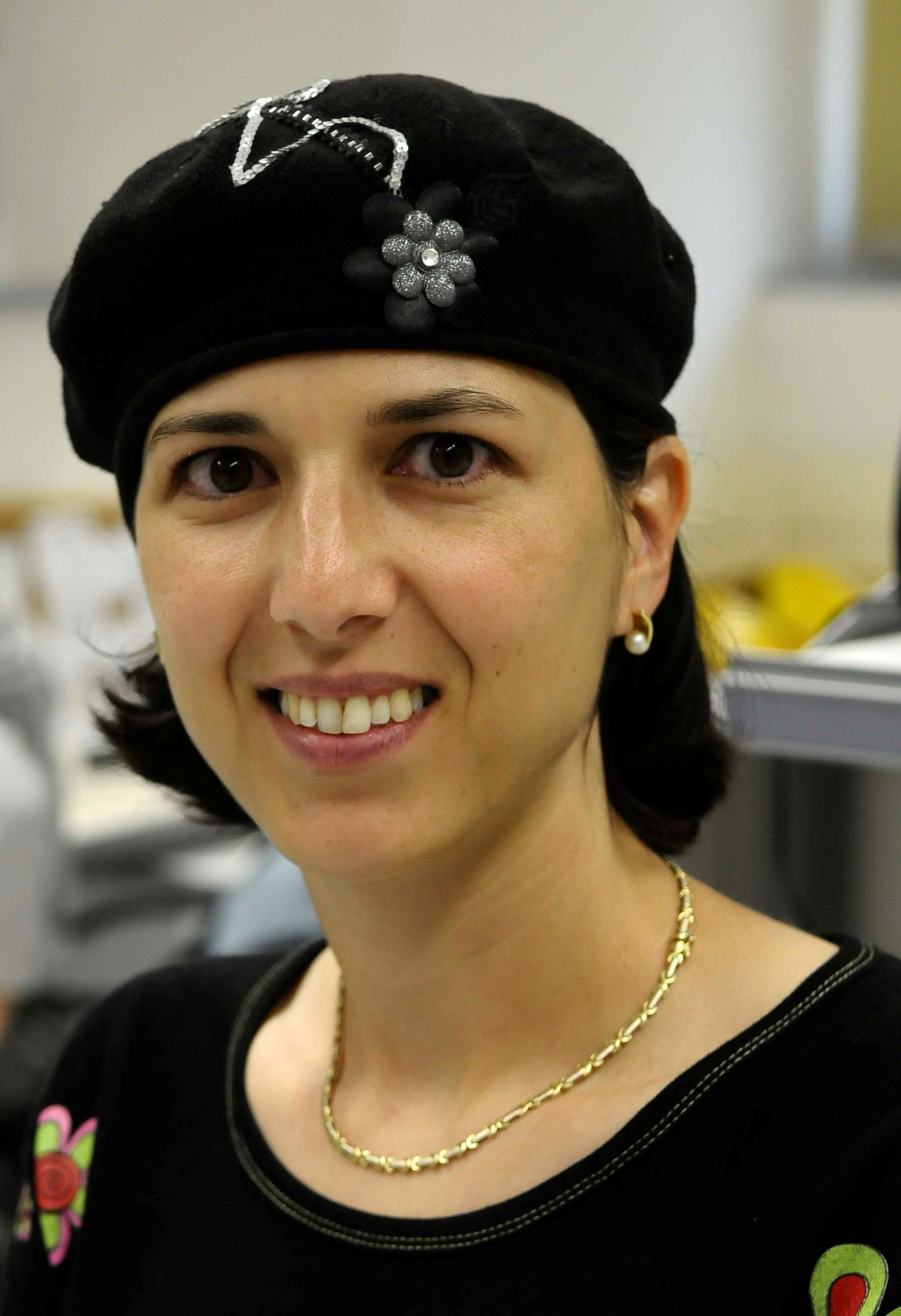Shulamit Levenberg

Affiliations
Department of Biomedical Engineering, Technion, Israel
Biography
Prof. Levenberg conducts interdisciplinary research on stem cells and vascular tissue engineering. She did her PhD at the Weizmann institute on cell adhesion and her post doctorate research at MIT on stem cells tissue engineering with Prof. Robert Langer. In her research she studies the mechanical control of tissue assembly in vitro and in vivo with a focus on vessel network formation and anastomosis in engineered tissues and on cell-biomaterial interactions.
She is also developing micro bioreactors and nanoliter droplet devices for stem cell growth and manipulations. Levenberg received the Krill Prize for excellence in scientific research by the Wolf Foundation, and was named by Scientific American as a “Research Leader” in Tissue Engineering for her studies on vascularization of engineered tissues. Prof. Levenberg is currently the elected president of the Israel Stem Cell Society and a member in the Israel National Bioethics committee.
Abstract
Engineering vascularized tissue constructs for reconstruction of large soft tissue defects
Shandalov Yulia, Egozi Dana, Alina Freiman, Koffler Jacob, and Levenberg Shulamit
Abdominal wall defects involve significant tissue loss, often requiring surgical reconstruction. Here we describe fabrication of an engineered muscle flap bearing its own functional vascular pedicle for repair of a full-thickness abdominal wall defect. A three-dimensional tissue graft constructed of a porous, biodegradable polymer scaffold embedded with endothelial cells, fibroblasts, and/or myoblasts, was cultured in vitro and then implanted around the femoral artery and veins, before being transferred, with its vascular pedicle to a full-thickness defect.
Within one week of implantation, scaffolds demonstrated, extensive functional vascular density and perfusion, and anastomosis with host vessels. At one-week post-transfer, the engineered muscle flaps were highly vascularized, well integrated within the surrounding tissue, and featured sufficient mechanical strength to support the abdominal viscera. Thus, the described engineered muscle flap, equipped with an autologous vascular pedicle, constitutes an effective tool for reconstruction of large defects, thereby circumventing both the need for autologous flaps and postoperative scarification.

